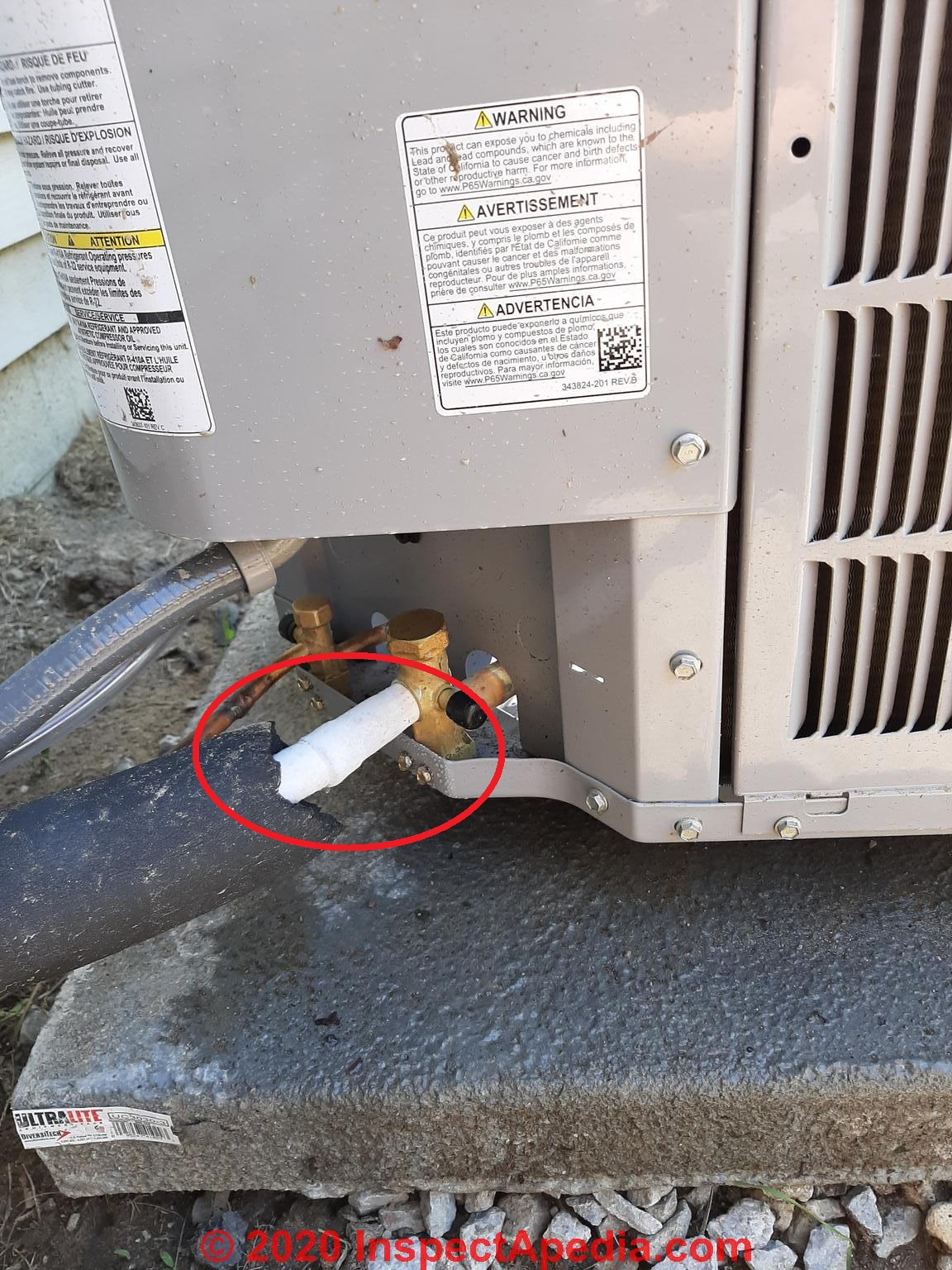Water Leaks from the Unit
Water Leaks from the HVAC Unit: Causes, Prevention, and Solutions
Introduction
HVAC systems play a crucial role in maintaining comfortable indoor environments. From regulating temperature to ensuring proper ventilation, these systems contribute significantly to our daily lives. However, like any complex machinery, HVAC units can face issues, and one common problem that homeowners often encounter is water leaks.
Common HVAC Issues
Understanding common HVAC problems is essential to appreciate the significance of water leaks. HVAC units can experience a range of issues, impacting their efficiency and performance. Among these, water leaks stand out as a concerning problem with the potential for significant consequences.
Understanding Water Leaks
Water leaks in HVAC units can arise from various causes. Understanding these causes and recognizing the signs of water leaks is crucial for homeowners. Leaks can result from issues such as clogged drain lines, damaged coils, or even refrigerant problems. Recognizing signs like water pooling around the unit or unusual sounds can help identify potential leaks early on.
Preventing Water Leaks
Preventive measures are key to avoiding water leaks in HVAC units. Regular maintenance, including cleaning or replacing filters, checking refrigerant levels, and inspecting drainage systems, can go a long way in preventing leaks. Professional inspections are equally important, as they can identify and address potential issues before they escalate.
DIY Troubleshooting
Homeowners can take certain steps to troubleshoot minor issues before calling in professionals. Checking for visible leaks, cleaning or replacing filters, and ensuring proper drainage are tasks that can be performed by individuals with some HVAC knowledge. However, it's crucial to recognize when a professional's expertise is needed.
Professional Repair Services
Knowing when to seek professional help is vital in addressing water leaks effectively. Delaying repairs can lead to more significant damages and increased repair costs. Professionals have the expertise to identify the root cause of leaks and implement the necessary repairs promptly.
Costs Associated with Water Leaks
Neglecting water leaks can have financial implications. Damages resulting from leaks, such as mold growth, can lead to expensive repairs. Addressing water leaks promptly not only prevents such costs but also ensures the longevity of the HVAC system.
Environmental Impact
Beyond financial concerns, water leaks in HVAC units also pose environmental challenges. Wastage of water and decreased energy efficiency are direct consequences of leaks. Homeowners should be aware of the environmental impact and strive to maintain sustainable HVAC practices.
Case Studies
Real-life examples highlight the severity of water leaks. Case studies demonstrate the consequences of unresolved issues, emphasizing the importance of proactive maintenance. Learning from others' experiences can motivate homeowners to prioritize HVAC care.
Technological Advances
Modern technology offers solutions to address water leaks effectively. Innovations in leak detection systems and the rise of smart HVAC units with built-in monitoring capabilities contribute to early identification and prevention of leaks.
User Experiences
Sharing personal stories of dealing with water leaks can create a sense of community and shared knowledge. Learning from the experiences of others can provide valuable insights and help homeowners better understand the importance of regular HVAC maintenance.
Future Trends in HVAC Maintenance
Looking ahead, the future of HVAC maintenance involves continuous innovation. From advanced leak detection technologies to sustainable practices, the industry is evolving to minimize the occurrence of water leaks and enhance overall system efficiency.
Conclusion
In conclusion, water leaks from HVAC units are a common issue with potentially severe consequences. Recognizing the causes, implementing preventive measures, and seeking professional help when needed are crucial steps in maintaining a reliable and efficient HVAC system. Homeowners should prioritize regular maintenance to ensure the longevity of their units and mitigate the environmental impact of water leaks.
FAQs
- How often should I have my HVAC system inspected? Regular inspections are recommended at least twice a year, ideally before the summer and winter seasons.
- Can water leaks cause long-term damage? Yes, untreated water leaks can lead to mold growth, structural damage, and increased repair costs over time.
- Are DIY repairs effective for water leaks? While some minor issues can be addressed with DIY troubleshooting, it's advisable to consult professionals for comprehensive repairs.
- How do smart HVAC systems prevent leaks? Smart HVAC systems use advanced monitoring to detect issues early, allowing for prompt intervention and prevention of leaks.
- What are the signs of a failing HVAC unit? Unusual sounds, inconsistent temperature regulation, and visible water leaks are indicators of a potential problem that requires attention.





Comments
Post a Comment